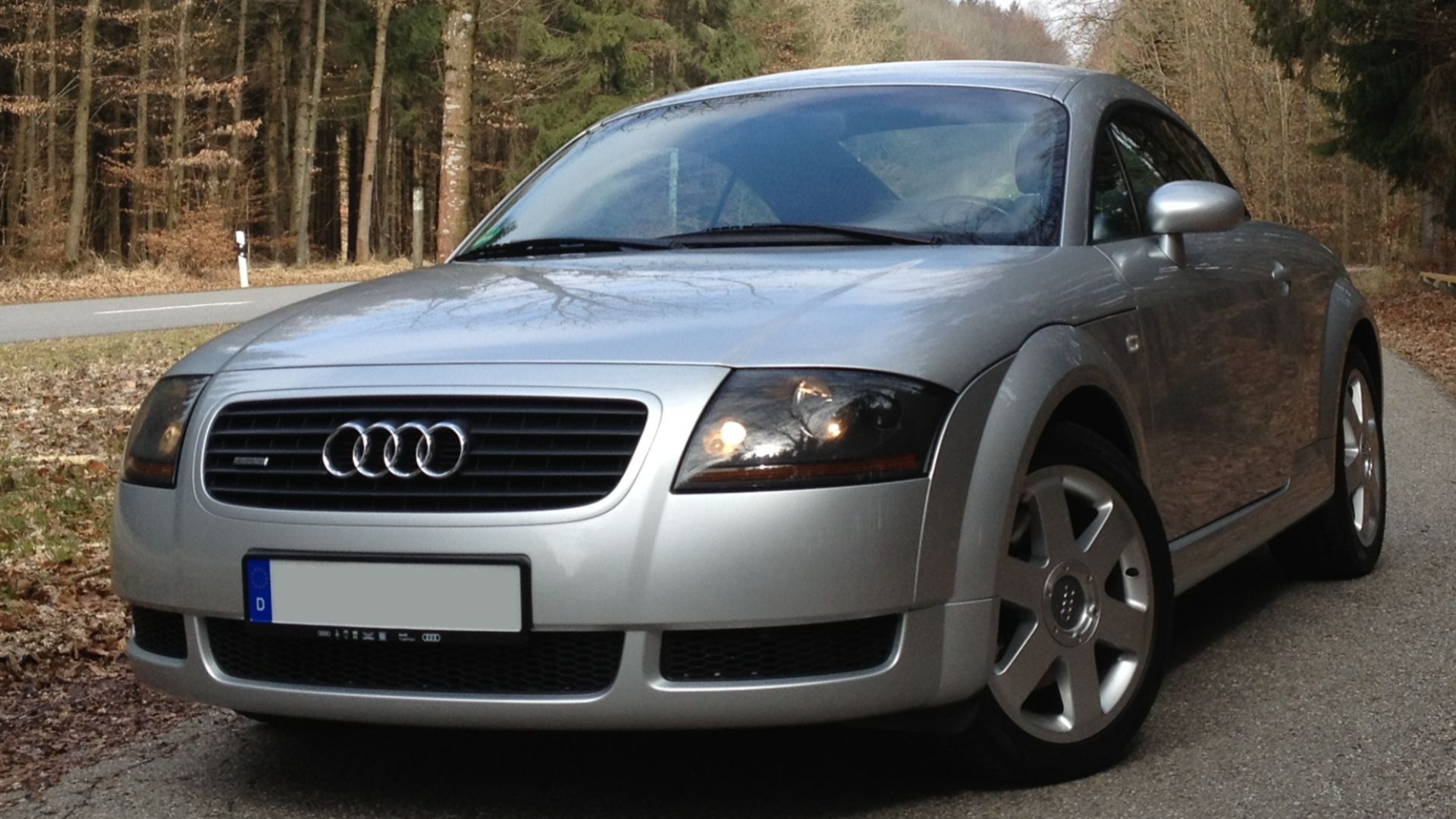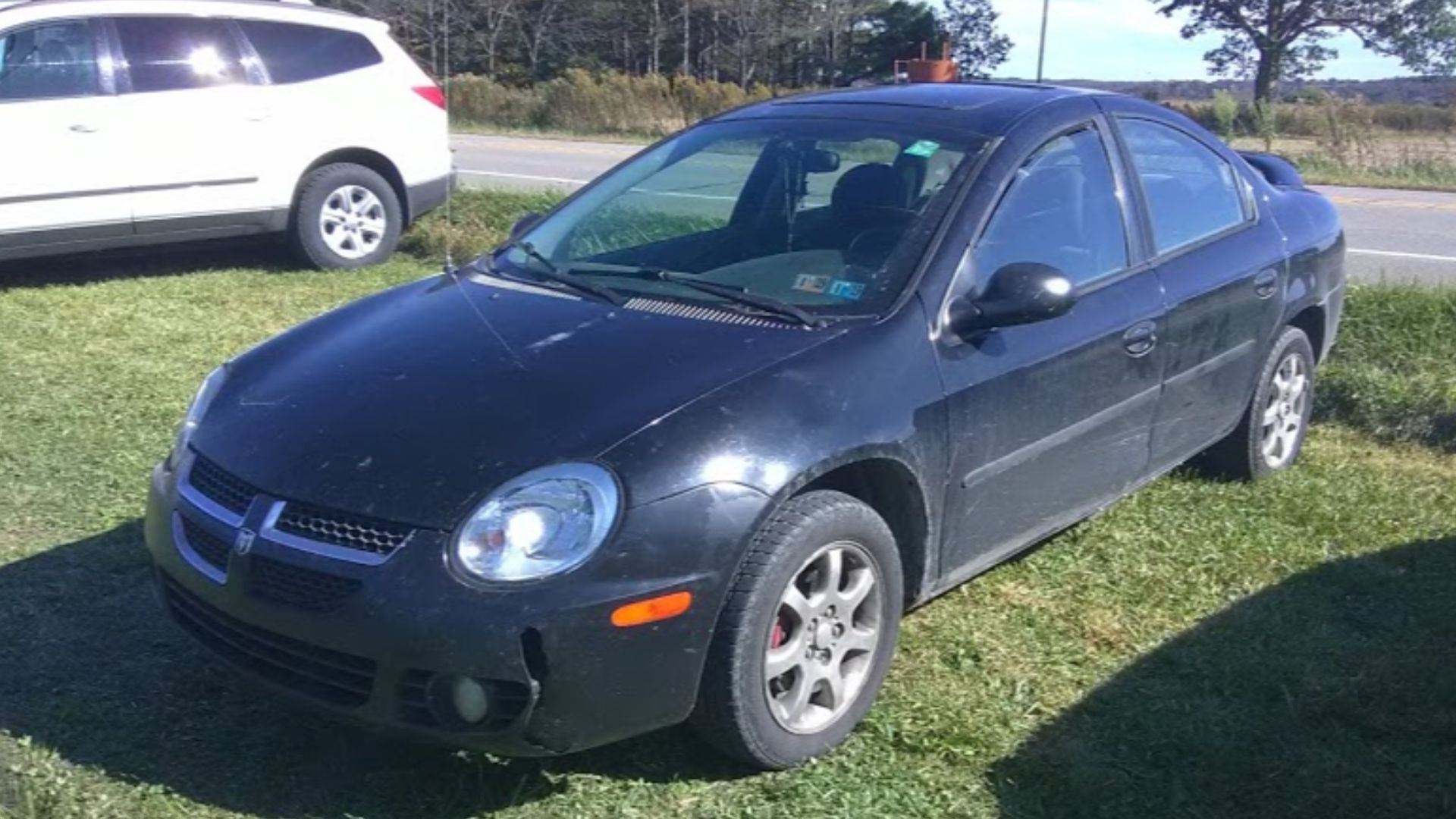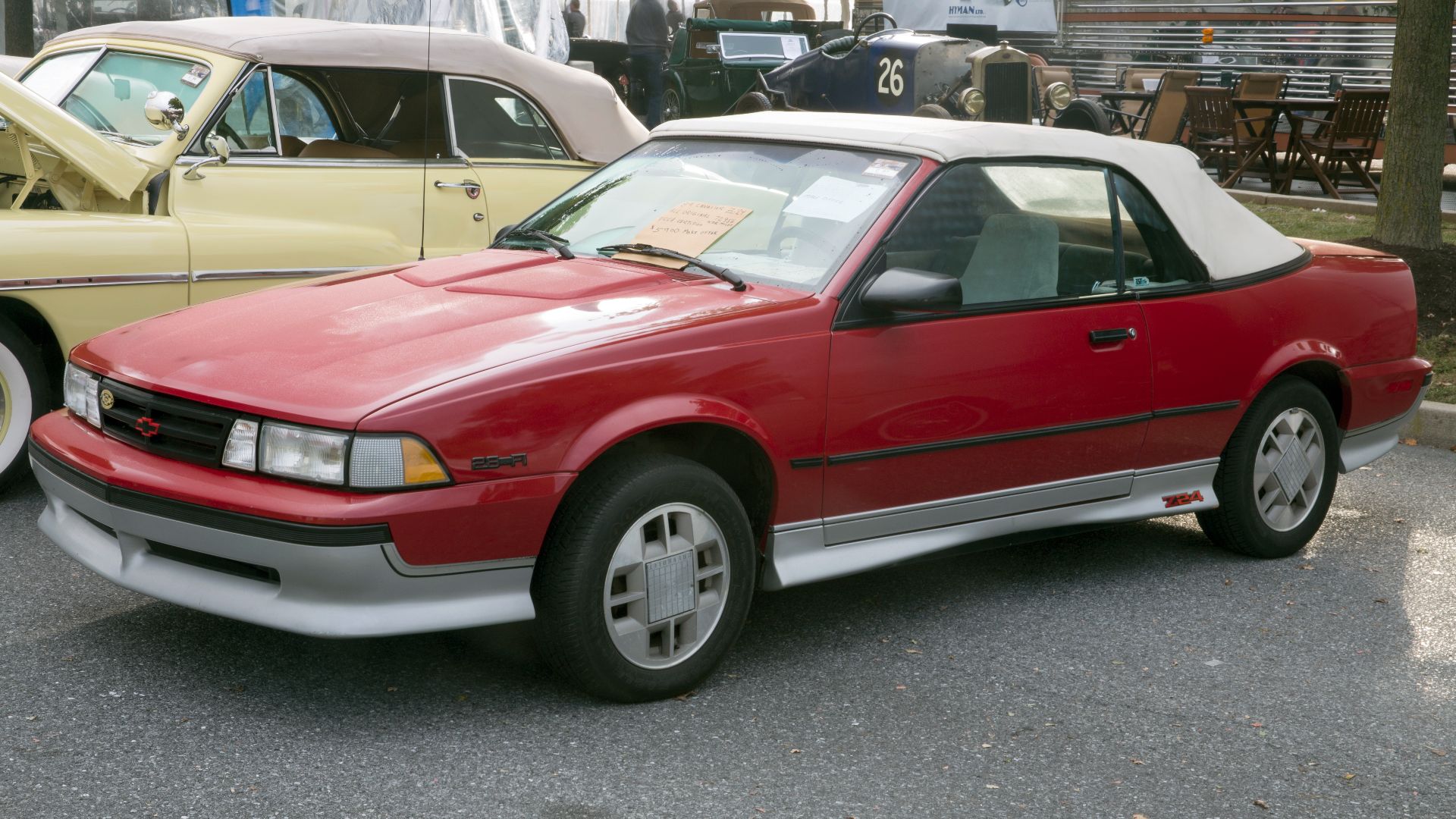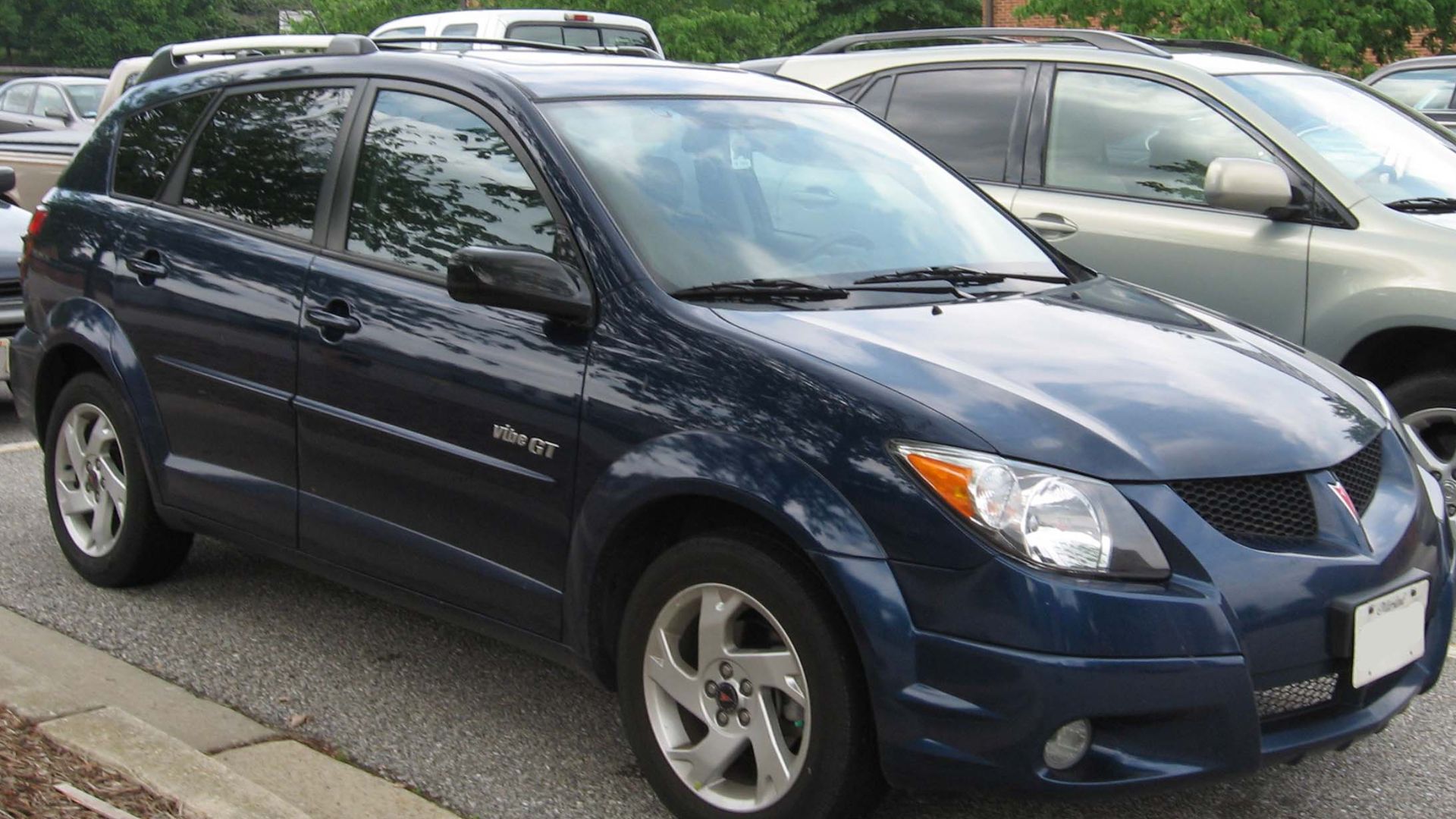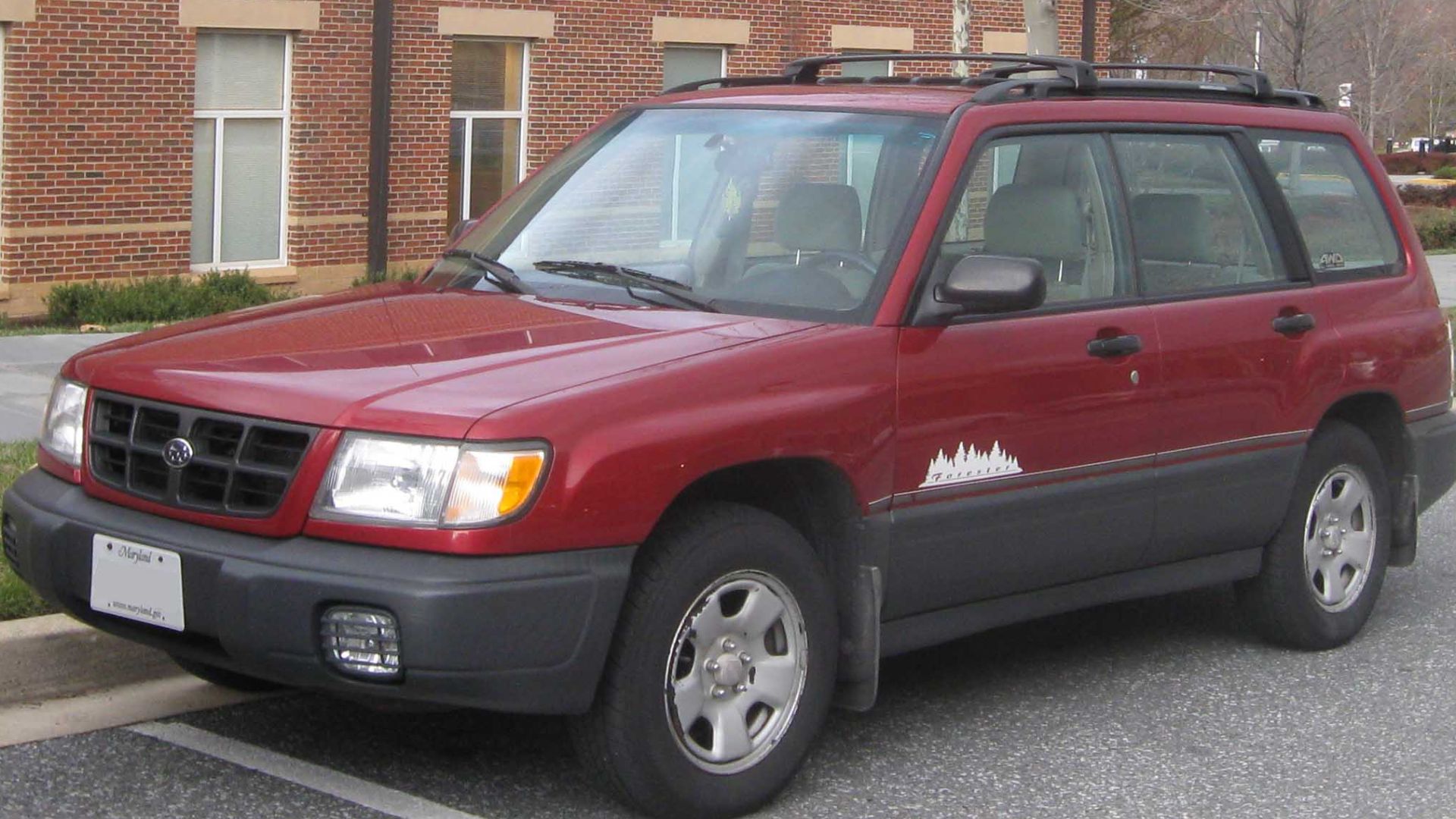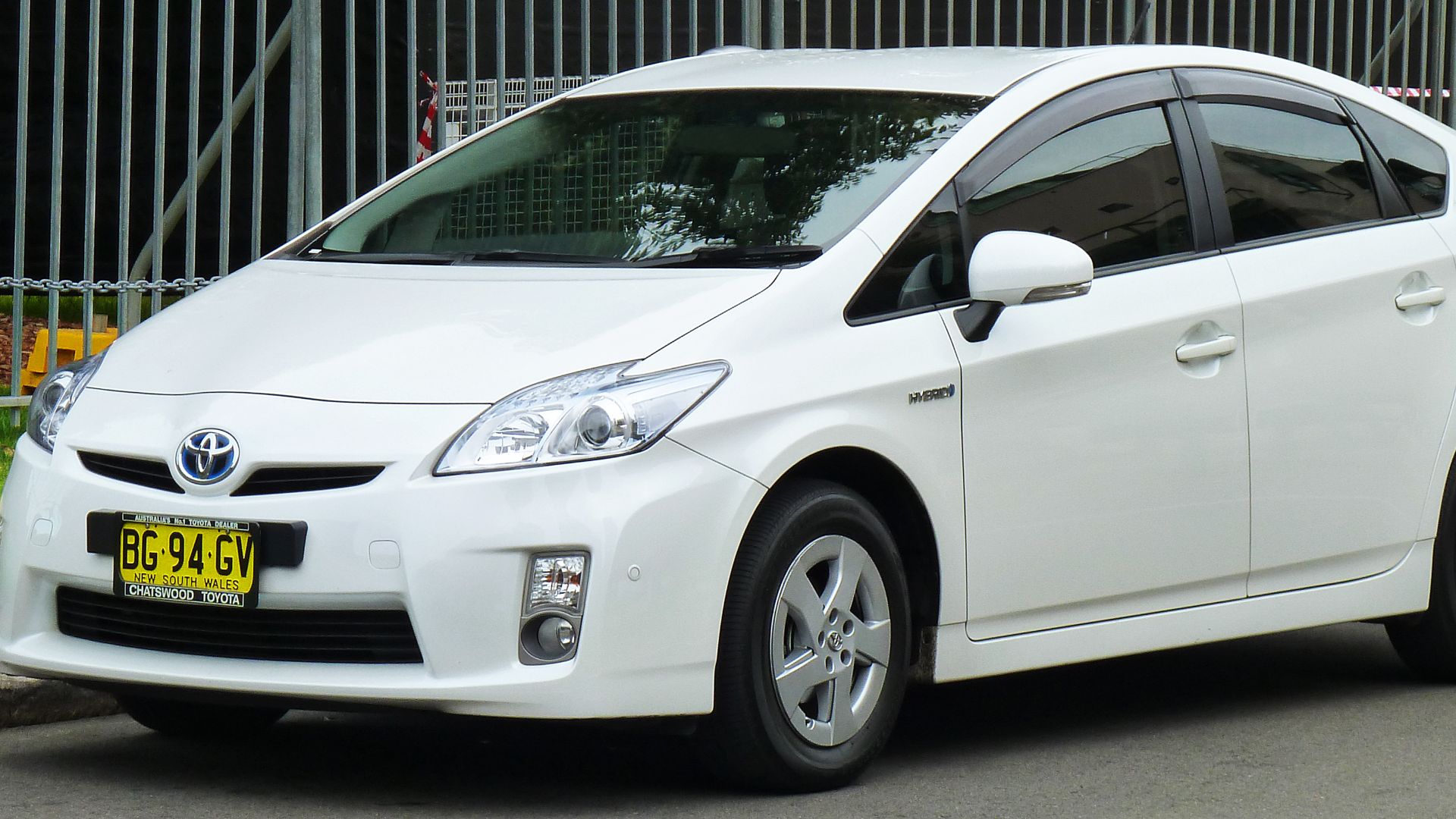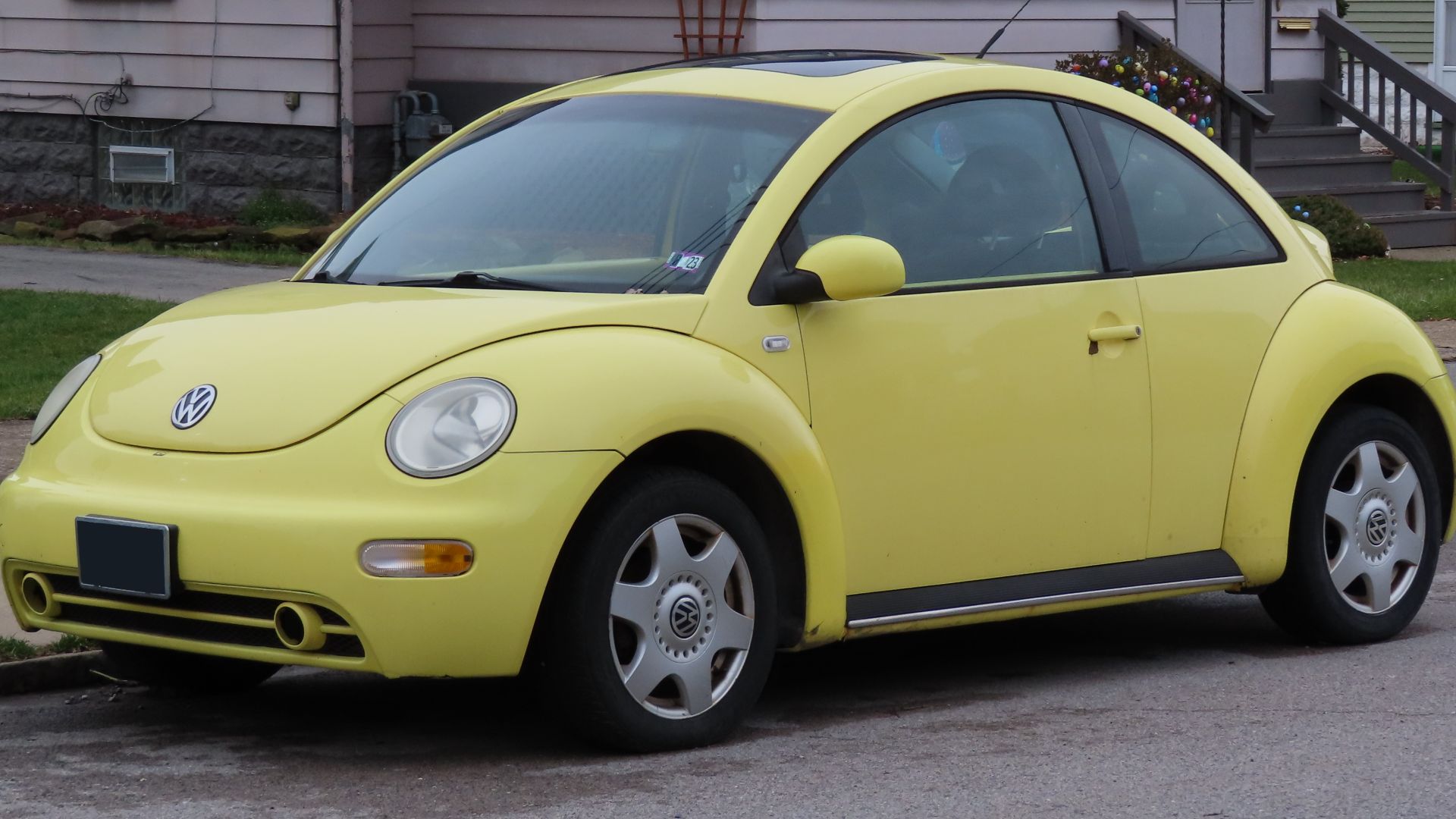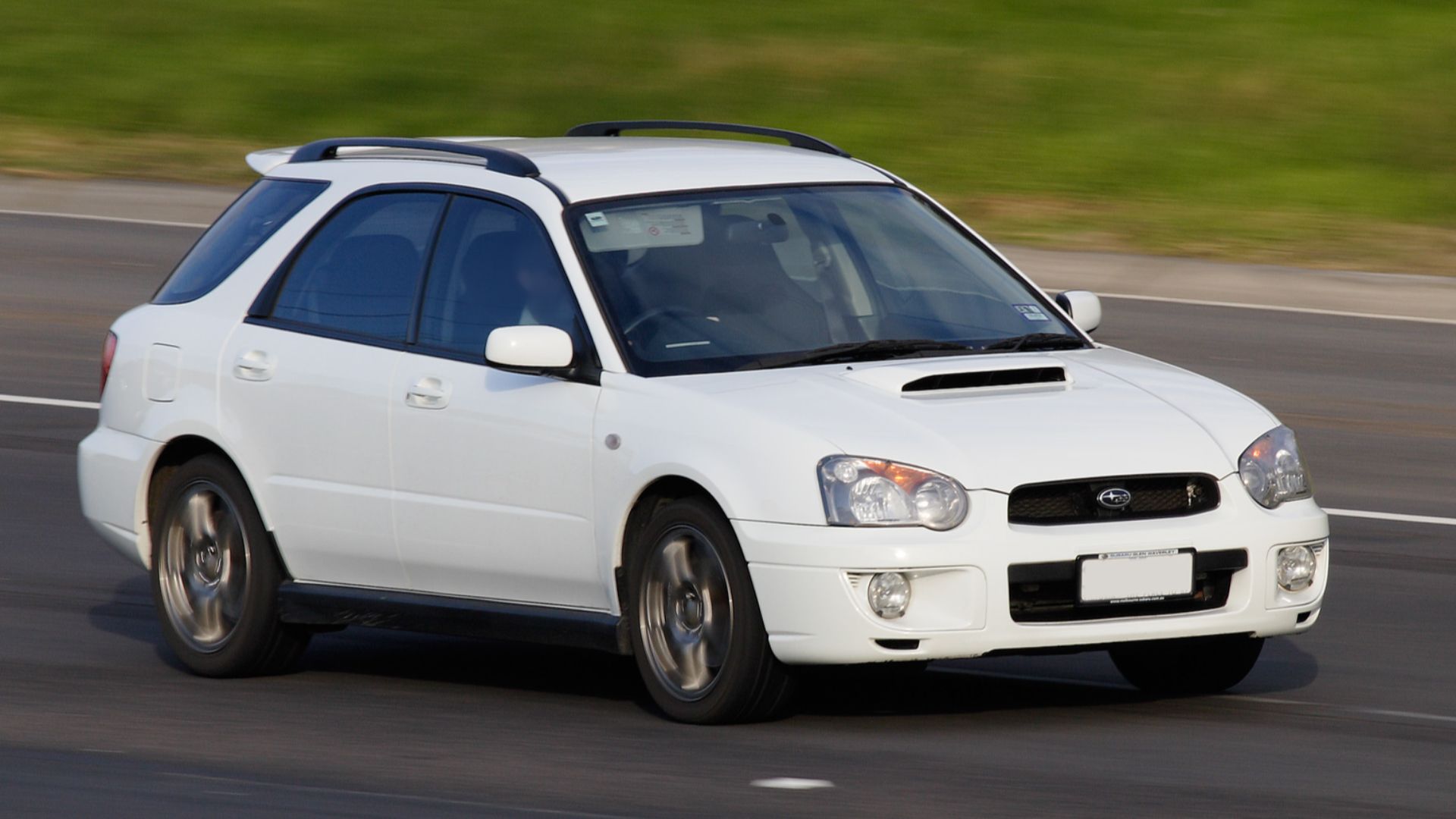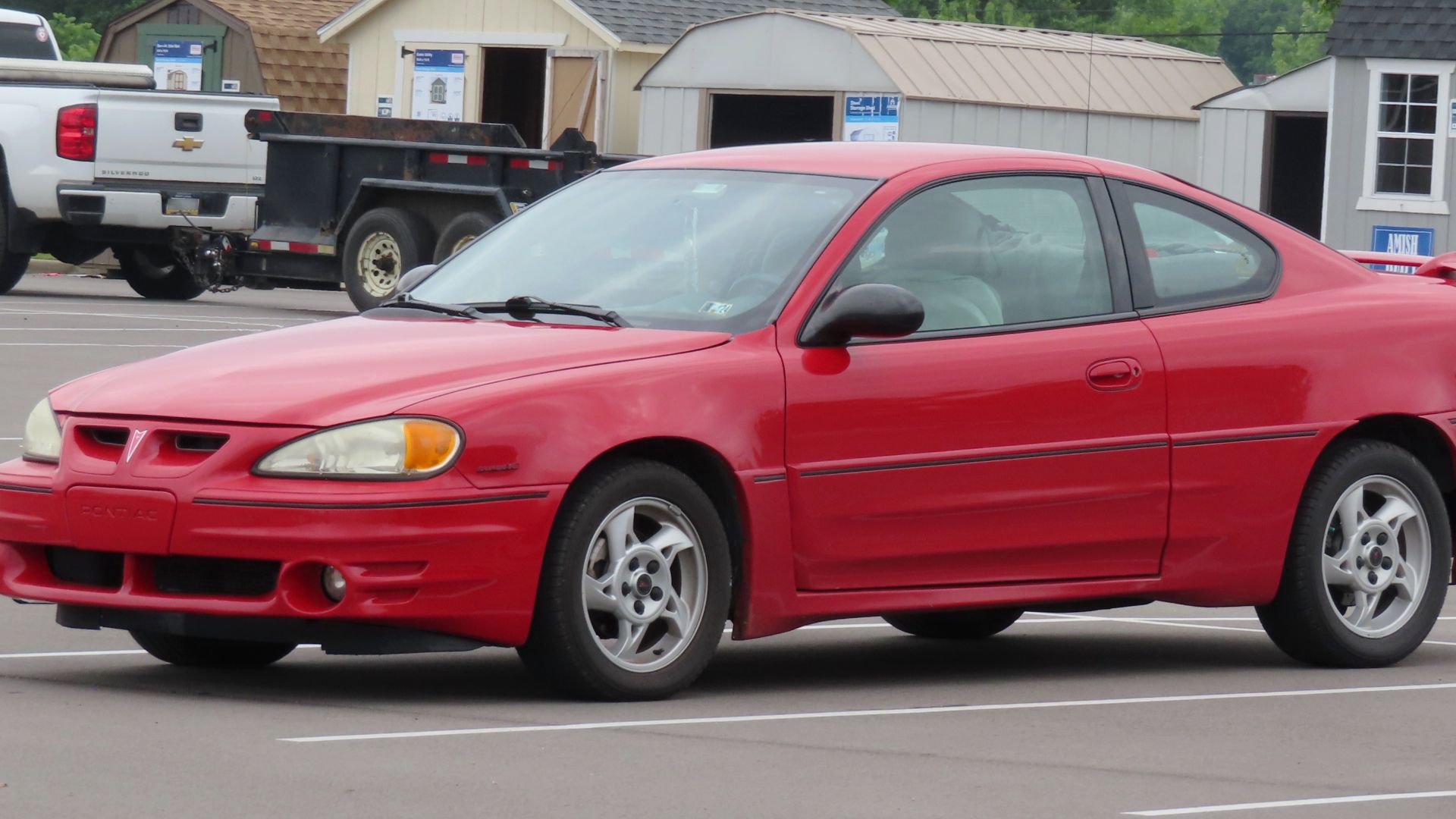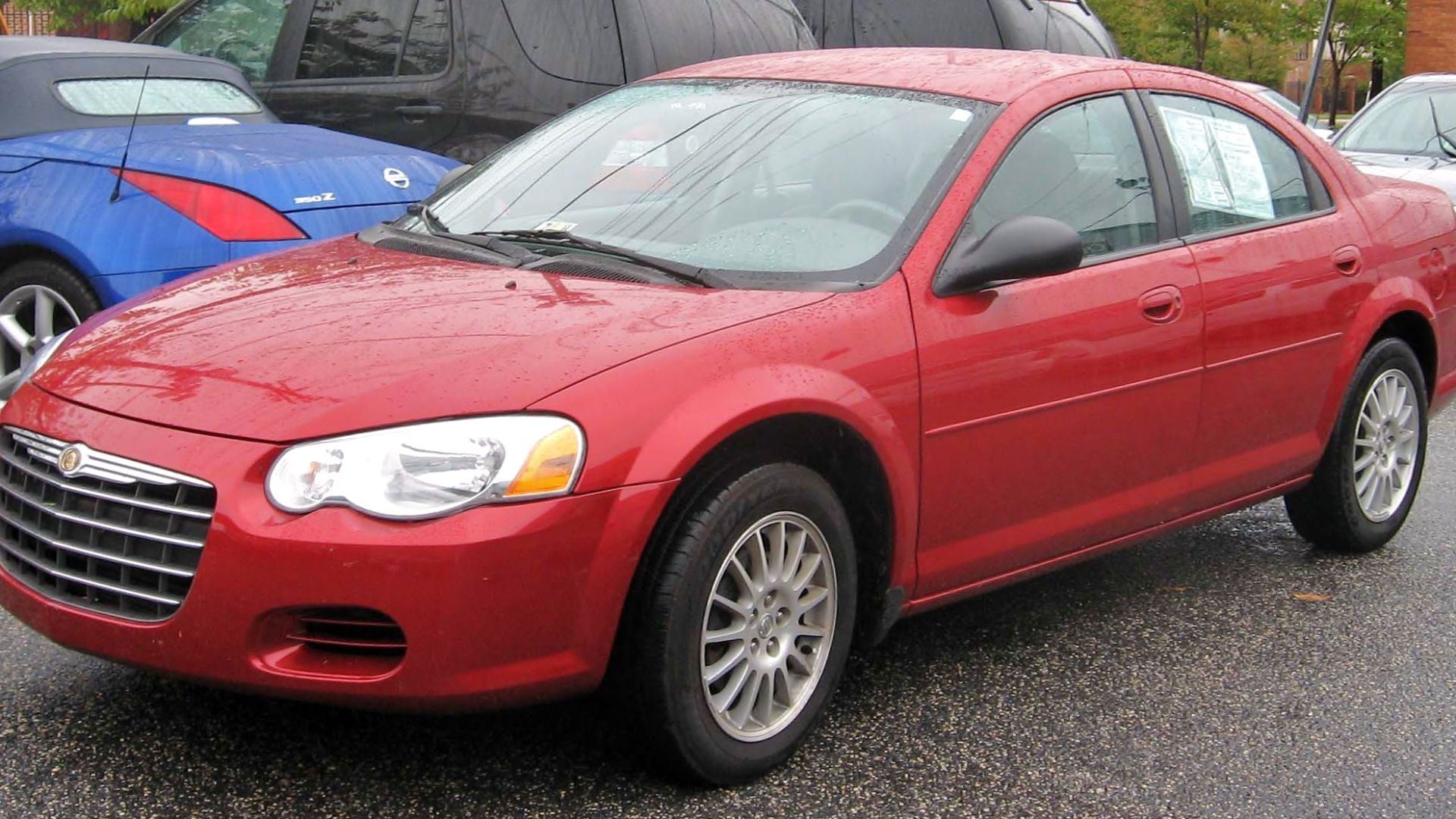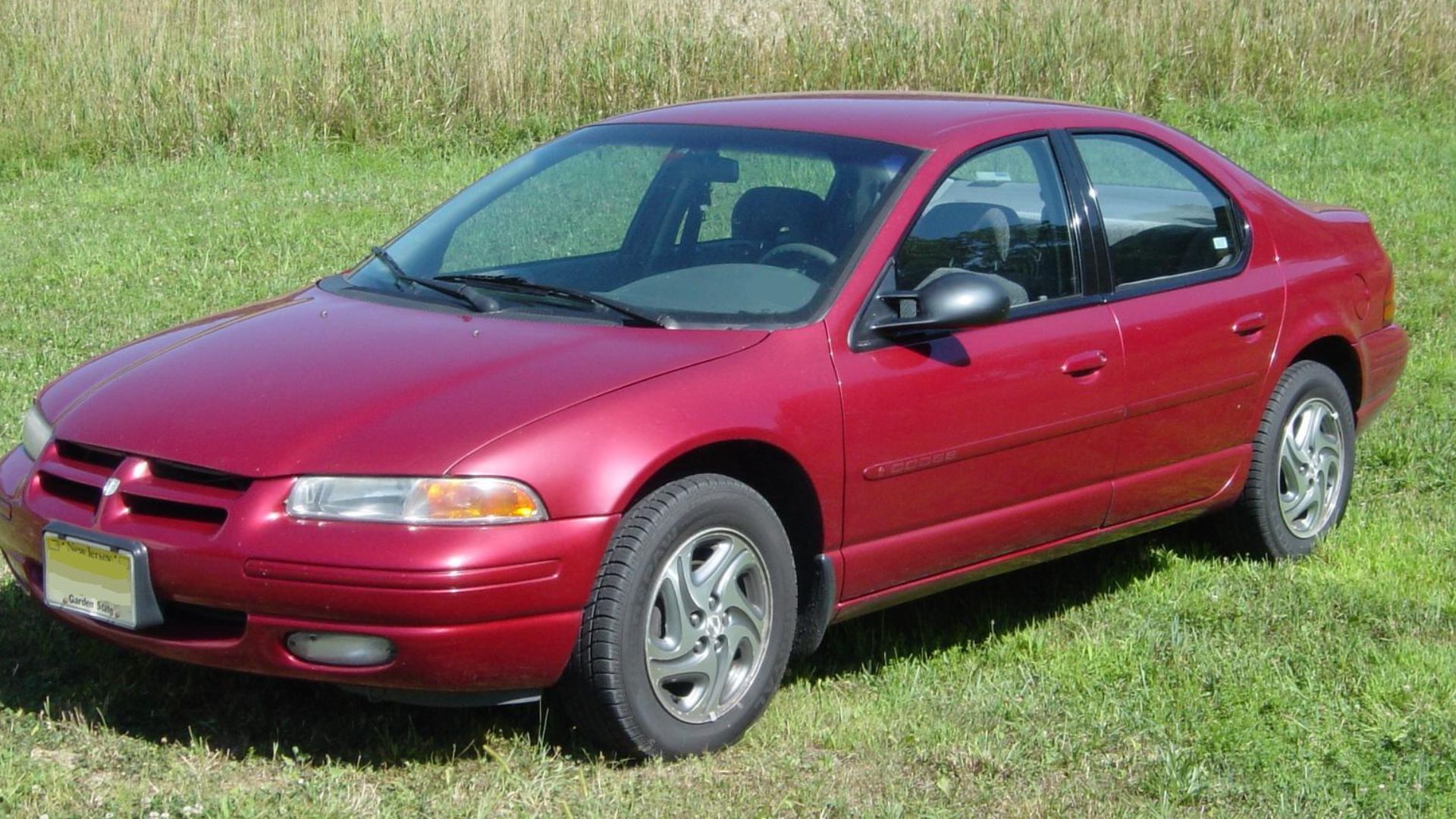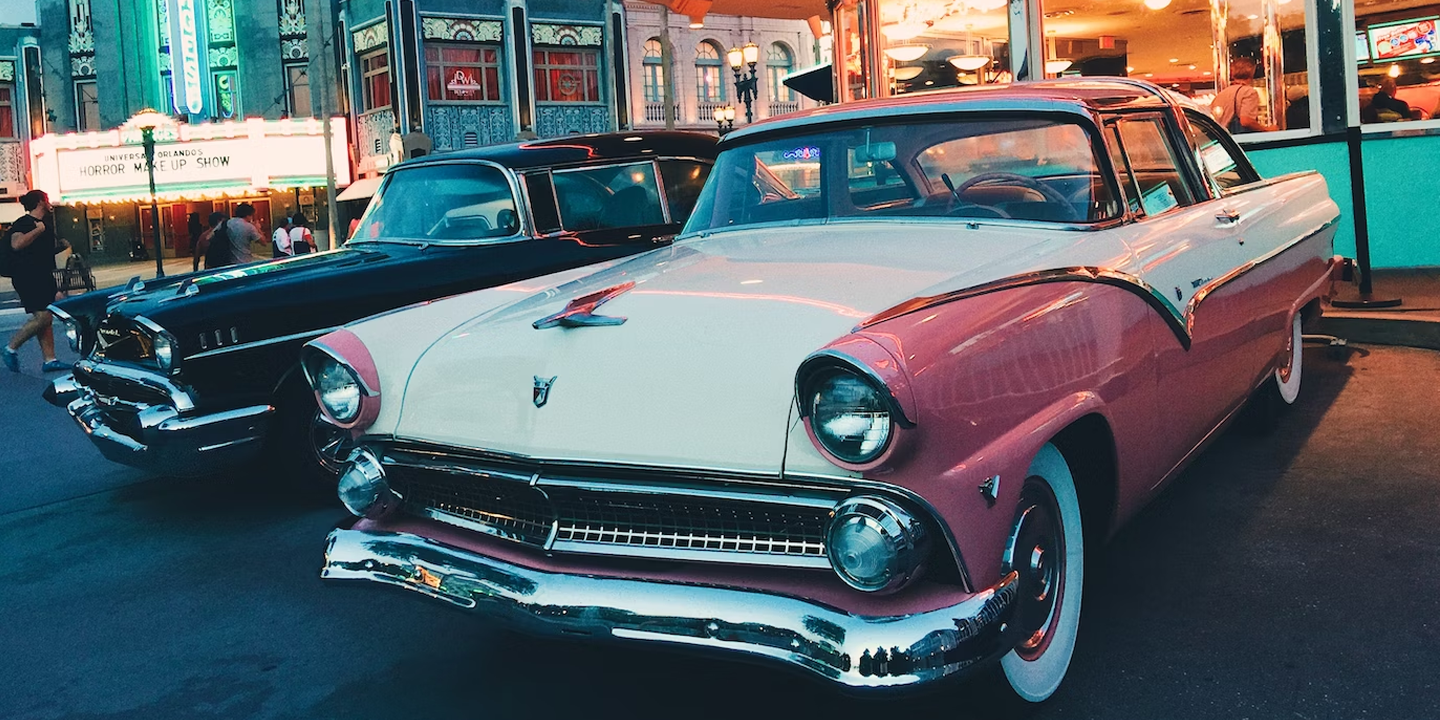Perfect Match For 5x100 Wheels
The 5x100 bolt pattern is a wheel mounting setup with five lug holes spaced evenly around a 100mm circle. It’s the critical spec that determines how well your wheels align and install. This pattern became pretty common on compact cars and sportier models from the late '80s through the early 2010s, which means there's plenty of aftermarket options available. Whether you want better looks or improved performance, matching your bolt pattern is the first step. Check out these 20 vehicles that share this popular configuration.
1. Volkswagen Golf GTI (1999–2006)
The MK4 Golf GTI comes with a 5x100 bolt pattern, which makes finding compatible aftermarket wheels pretty straightforward. This setup helps maintain balanced handling while giving you plenty of upgrade options to choose from for customization.
2. Audi TT (1999–2006)
While the standard Audi TT runs on a 5x100 bolt pattern, the story changes for quattro and performance variants. Some use entirely different setups, so confirming your model’s specs before choosing new wheels is a smart move.
3. Chrysler PT Cruiser (2001–2010)
Every Chrysler PT Cruiser, from the GT to the convertible, uses a 5x100 bolt pattern. Inspired by 1930s American design, it blended retro styling with a surprisingly practical interior, available in both sedan and convertible forms.
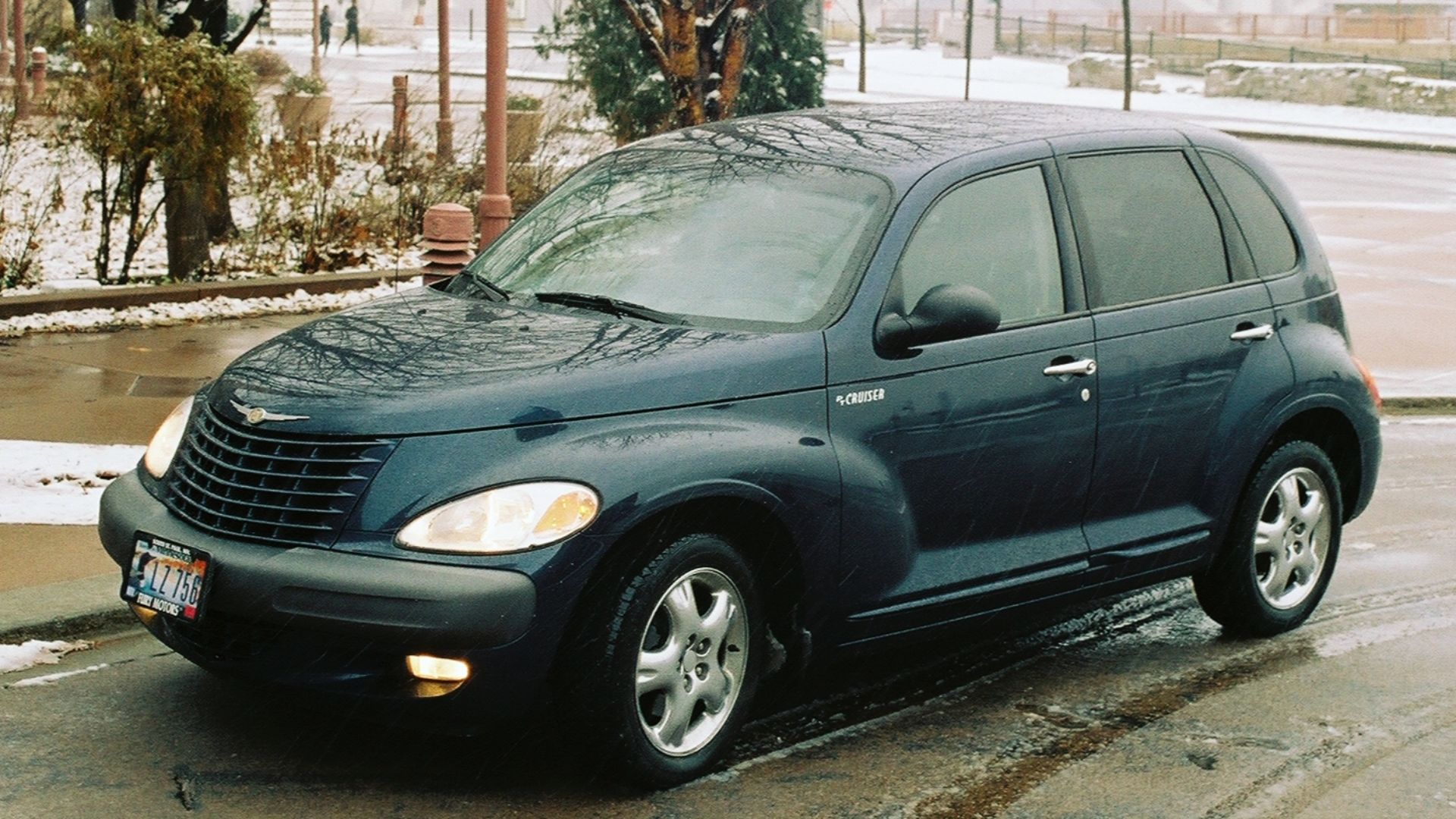 Greg Gjerdingen from Willmar, USA on Wikimedia
Greg Gjerdingen from Willmar, USA on Wikimedia
4. Toyota Corolla (1988–Present, Select US Models)
Certain US-market Corollas feature a 5x100 bolt pattern across select models. This globally best-selling vehicle has been produced through multiple generations, with S and XRS models offering sportier styling and performance compared to standard trims.
5. Dodge Neon (1994–2005)
All Dodge Neon models come with a 5x100 bolt pattern, which opens up a wide range of aftermarket wheel possibilities. Available as both a sedan and a coupe, this compact vehicle simplifies the wheel upgrade process considerably.
6. Chevrolet Cavalier (1989–2005)
The Cavalier was one of Chevrolet's best-selling compact cars, offered as a coupe, sedan, and convertible. However, while many trims use a 5x100 bolt pattern, not all do—particularly earlier years and certain base models.
7. Pontiac Vibe (2003–2010)
The Pontiac Vibe uses a 5x100 bolt pattern and shares its platform with the Toyota Matrix. This compact hatchback is known for versatility and fuel efficiency, making it one of the few Pontiacs built with Toyota.
8. Scion tC (2005–2016)
With a 5x100 bolt pattern, the tC was a favorite among young drivers for its customizable features. This affordable sporty coupe came with a panoramic glass roof that was truly unique in its class.
9. Subaru Forester (1998–2008)
All Forester models from this era—including 2.5i and turbo XT trims—use a 5x100 bolt pattern with hub bores of 56.1 mm and offsets around +48. This makes them compatible with many aftermarket wheels from other Subaru models, like the Impreza and WRX.
10. Toyota Prius (2004–2009)
The Prius features a 5x100 bolt pattern and was among the world's first mass-produced hybrids. Its aerodynamic design plays a key role in maximizing fuel economy, offering compatibility with various aftermarket wheel options for eco-conscious drivers.
11. Volkswagen Beetle (1998–2010)
The New Beetle uses a 5x100 bolt pattern on its platform. Its design reimagined the charm of the original classic and was launched in bright colors. Plus, limited editions gave it a playful, standout personality.
12. Subaru Impreza WRX (2002–2007)
With its 5x100 bolt pattern, the WRX (excluding STI models) is famous for its turbocharged engine and rally heritage. The all-wheel-drive system makes it perfect for winter driving and motorsports, while aftermarket wheels install easily.
13. Subaru Legacy (1990–2009)
Most Legacy sedans and wagons before 2010 use the 5x100 bolt pattern, except some turbo GT and Spec B trims after 2005. Earlier models share wheel specs with Forester and Impreza, easing cross-model fitment
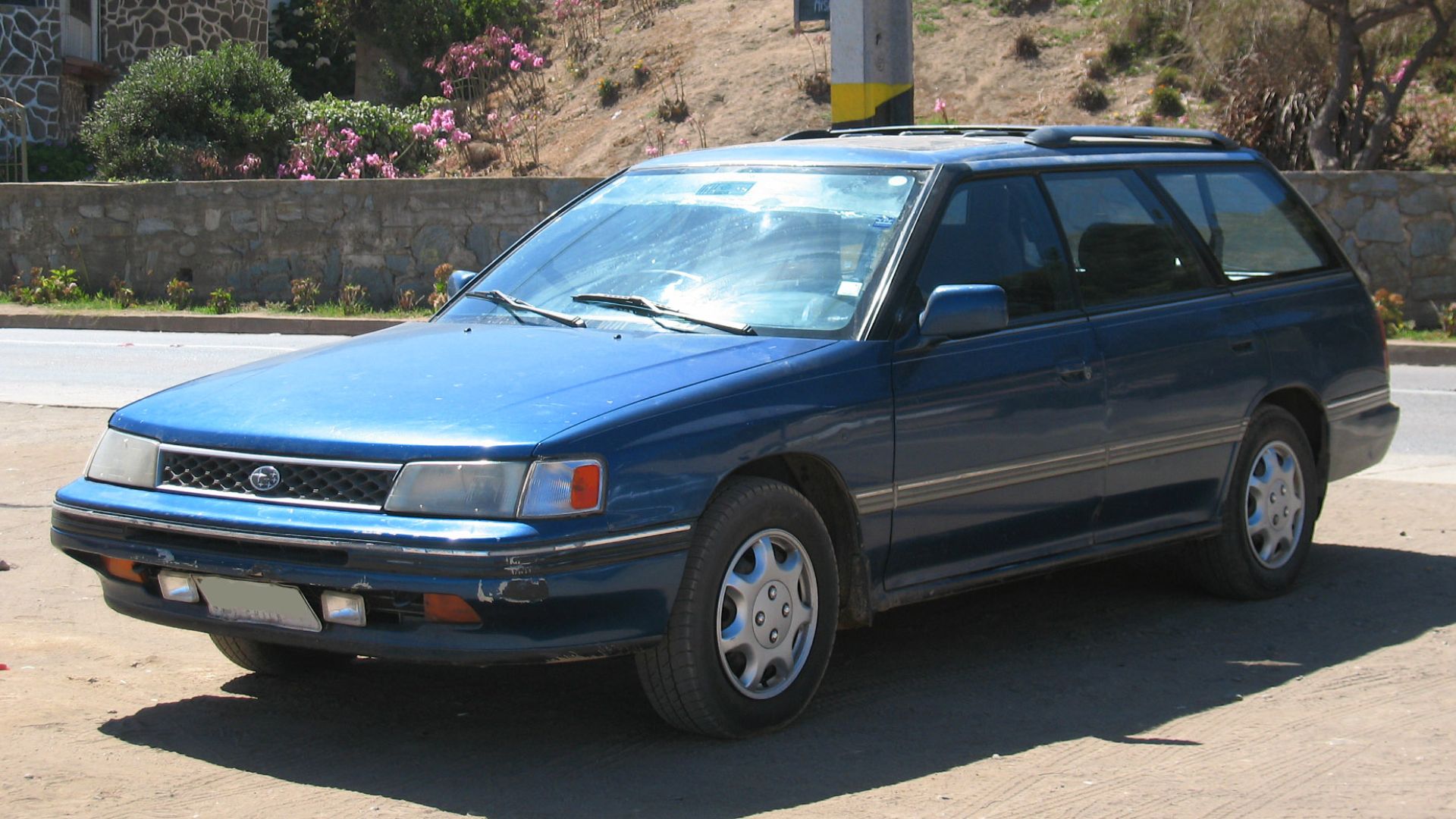 order_242 from Chile on Wikimedia
order_242 from Chile on Wikimedia
14. Toyota Celica (1994–2005)
From 1994 onward, most Celica models feature a 5x100 bolt pattern, making aftermarket wheel upgrades quite simple. The GT and GTS models came with high-revving engines and aggressive body kits that matched the sporty character.
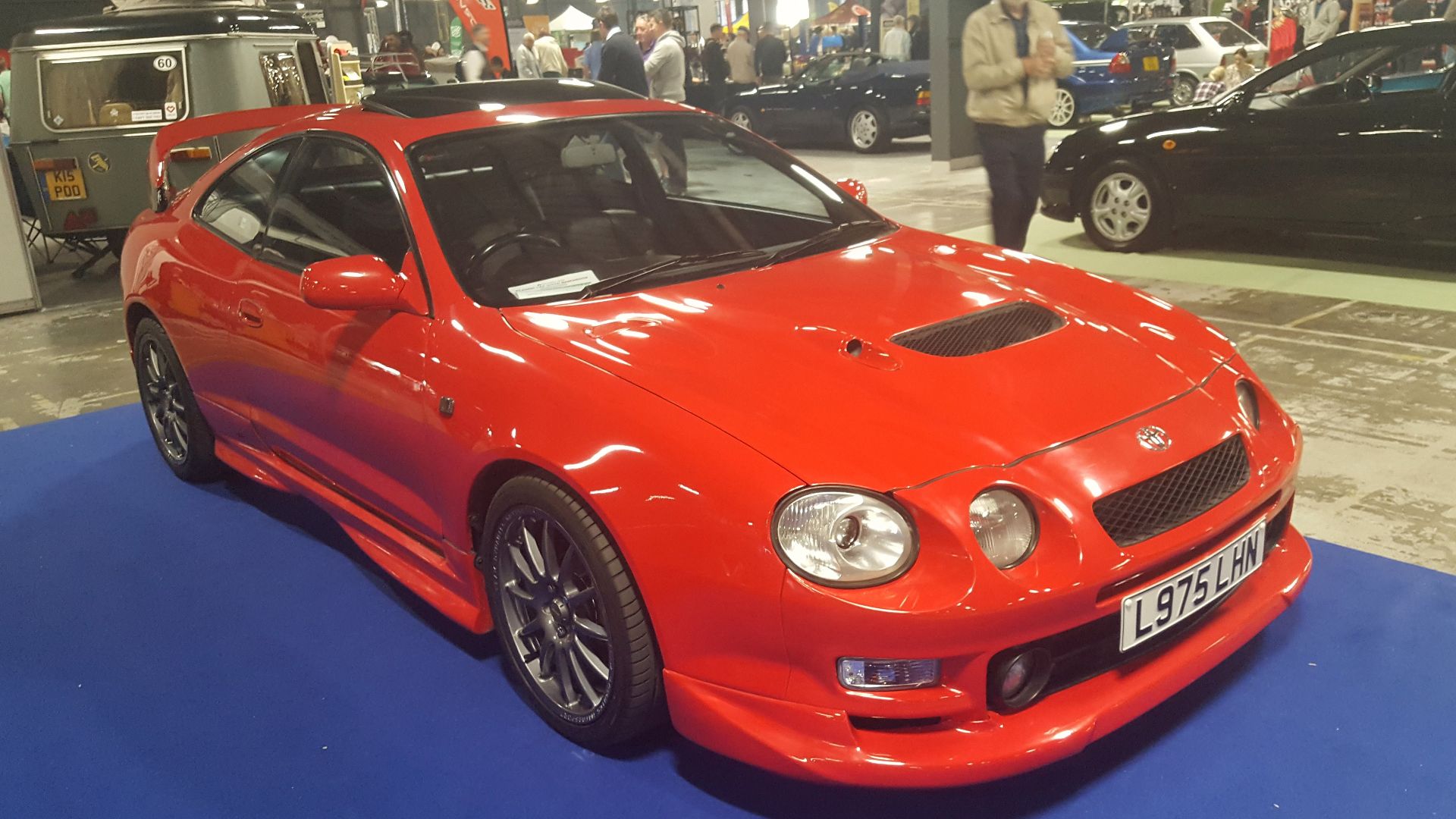 Kieran White from Manchester, England on Wikimedia
Kieran White from Manchester, England on Wikimedia
15. Pontiac Fiero (1984–1988)
The Fiero's 5x100 bolt pattern supports its innovative design. As America's first mass-produced mid-engine sports car with composite body panels, it's particularly favored for engine swaps due to its unique layout and lightweight construction.
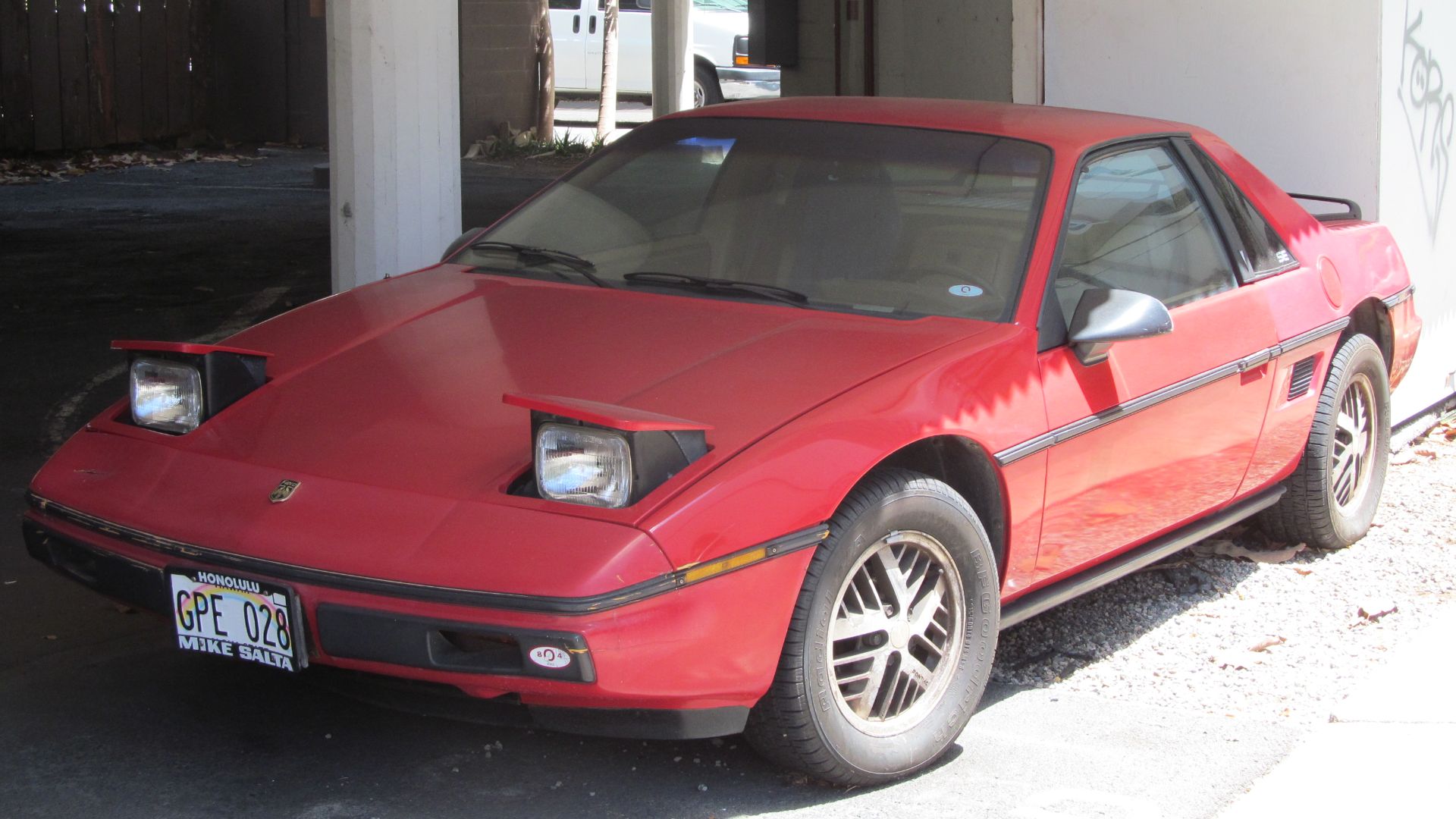 Riley from Christchurch, New Zealand on Wikimedia
Riley from Christchurch, New Zealand on Wikimedia
16. Chevrolet Beretta (1987–1996)
Most Beretta models feature a 5x100 bolt pattern, making them compatible with a wide range of aftermarket wheels for easy upgrades. However, some versions used 5x115, so verify your specific trim. Fun fact: The Beretta was used as a pace car for the Indianapolis 500 in 1990.
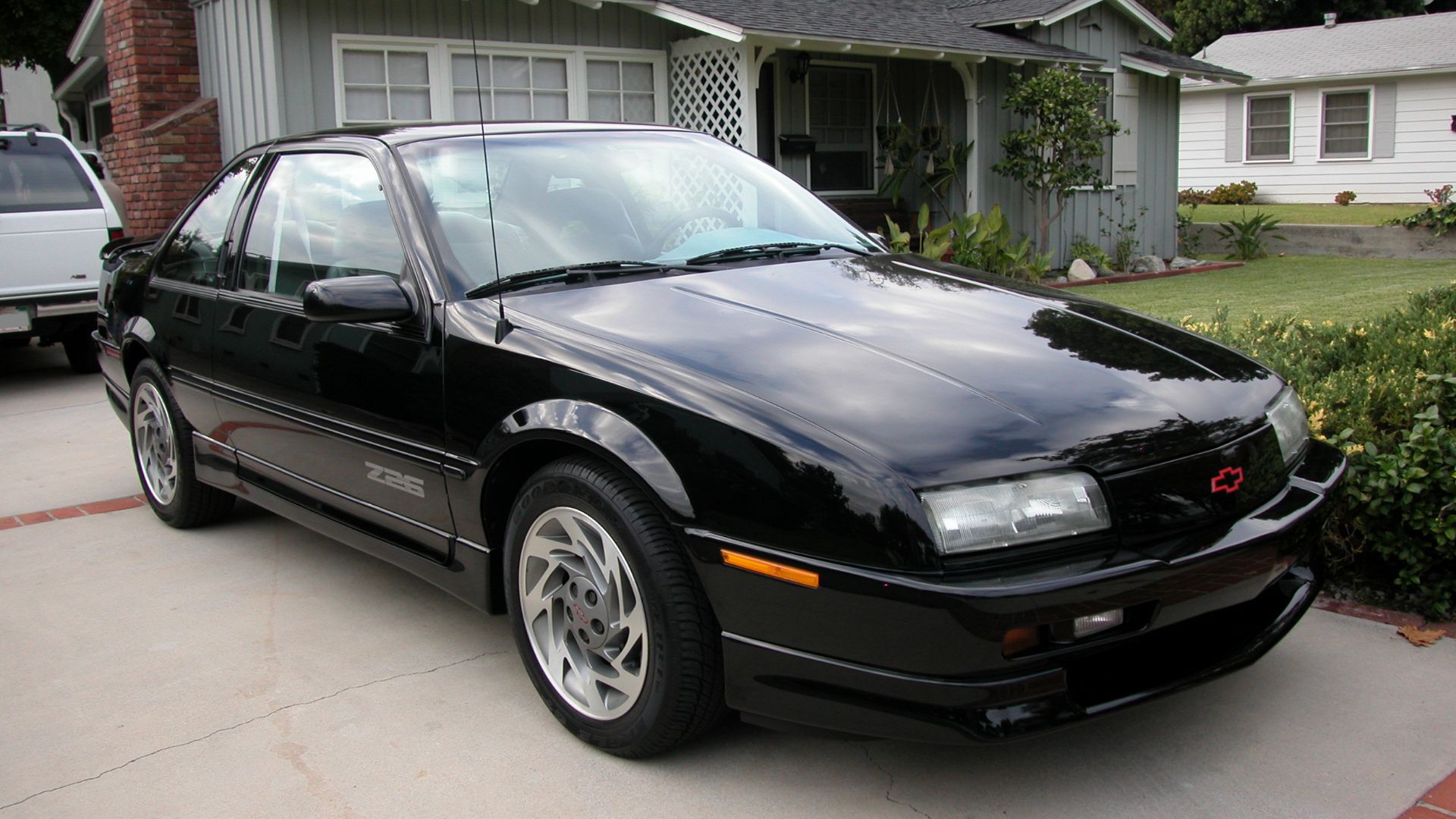 Rich Niewiroski Jr. on Wikimedia
Rich Niewiroski Jr. on Wikimedia
17. Pontiac Grand Am (1989–2005)
The Grand Am's 5x100 bolt pattern is consistent across all trims. Available as both a coupe and a sedan, this midsize car combines sporty aesthetics with affordable pricing. Basically, it’s an accessible option for drivers wanting style on a budget.
18. Chrysler Sebring (1996–2006)
The sedan and convertible Sebring models use a 5×100 bolt pattern, making them compatible with many aftermarket wheels from brands like Volkswagen, Subaru, and Toyota. However, the Sebring coupe—built on a Mitsubishi platform—uses a 5×114.3 pattern.
19. Dodge Stratus (1995–2006)
The Stratus uses a 5x100 bolt pattern on select base and mid-level trims, so checking compatibility before upgrades is key. It came in coupe and sedan forms, sharing its foundation with the Chrysler Sebring and Plymouth Breeze.
20. Plymouth Breeze (1996–2000)
With a 5x100 bolt pattern, the Breeze offered practical value as a midsize sedan. Part of the "Cloud Cars" group with Stratus and Cirrus, it became one of Plymouth's last models before the brand was discontinued in 2001.




